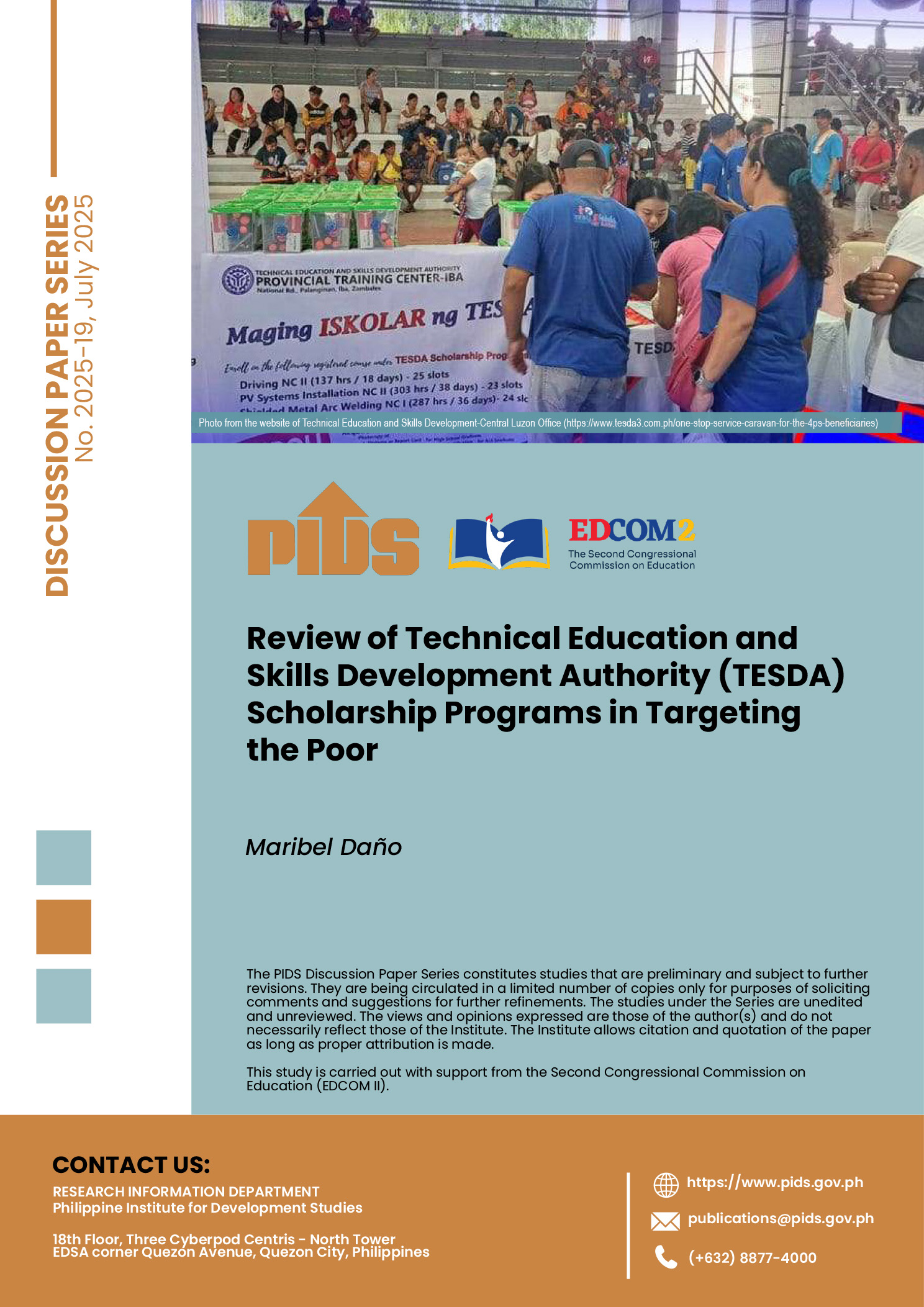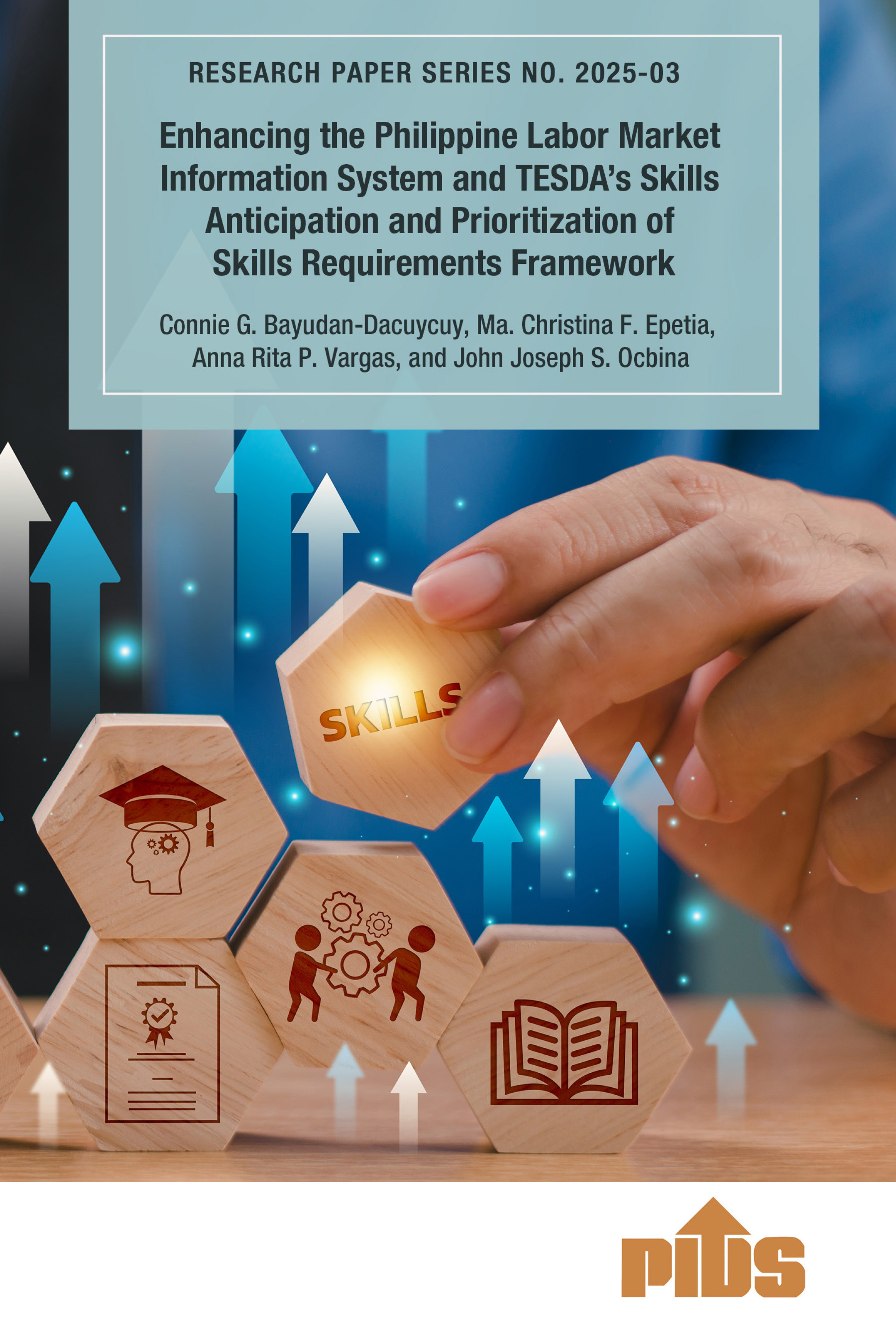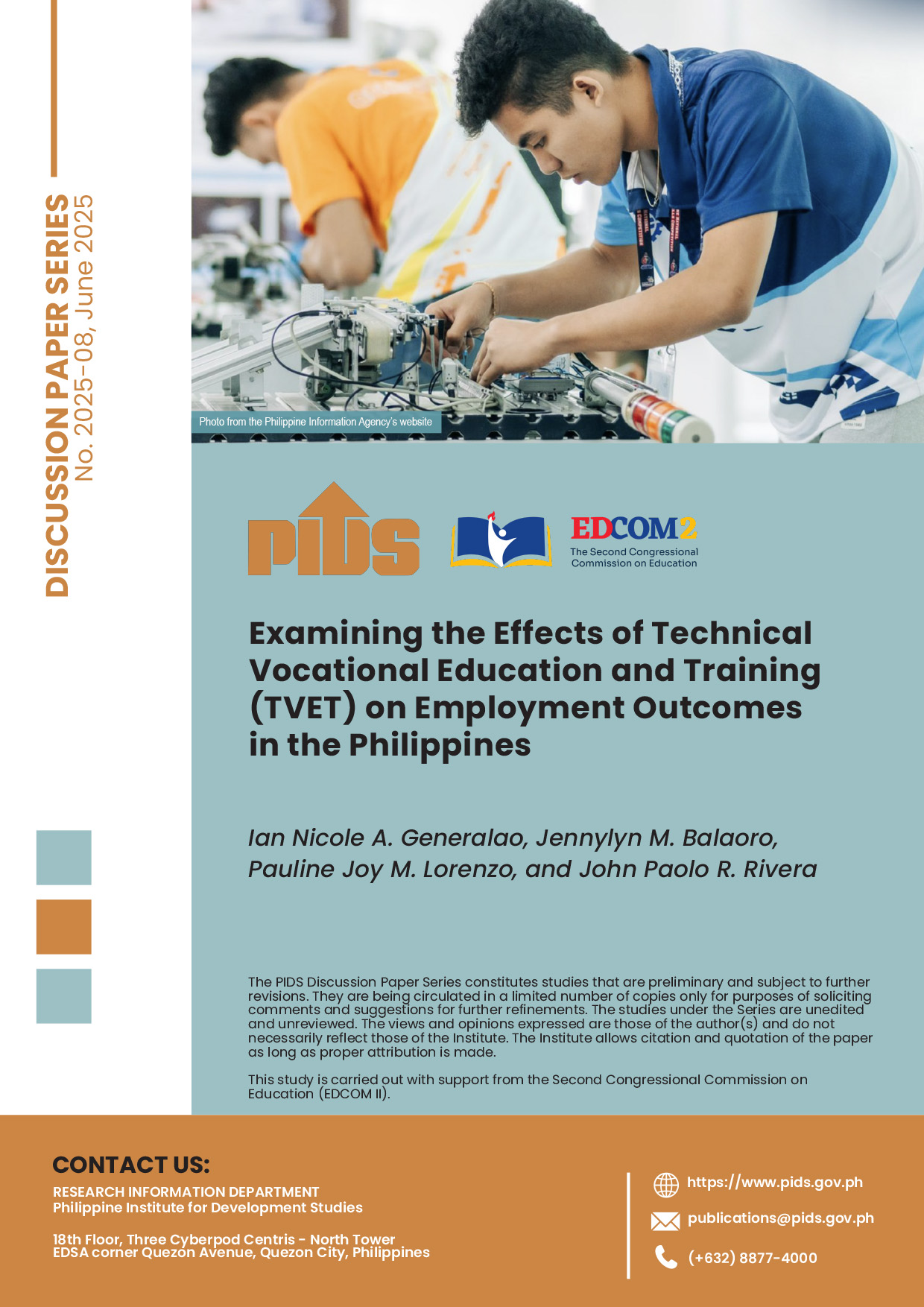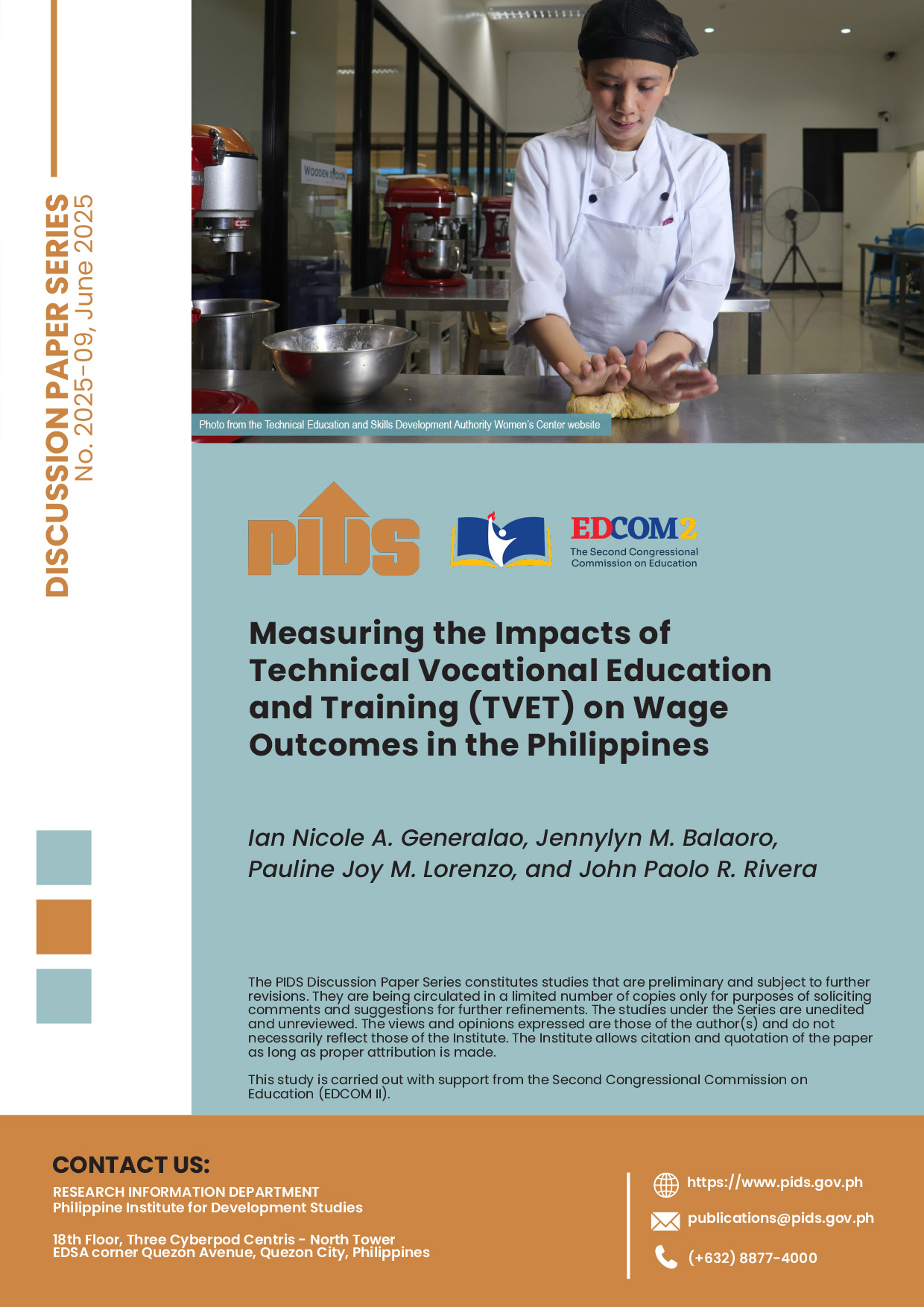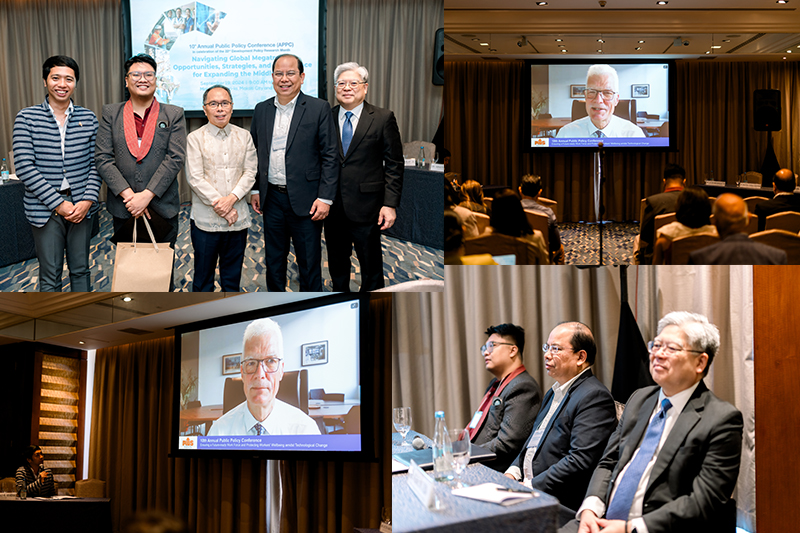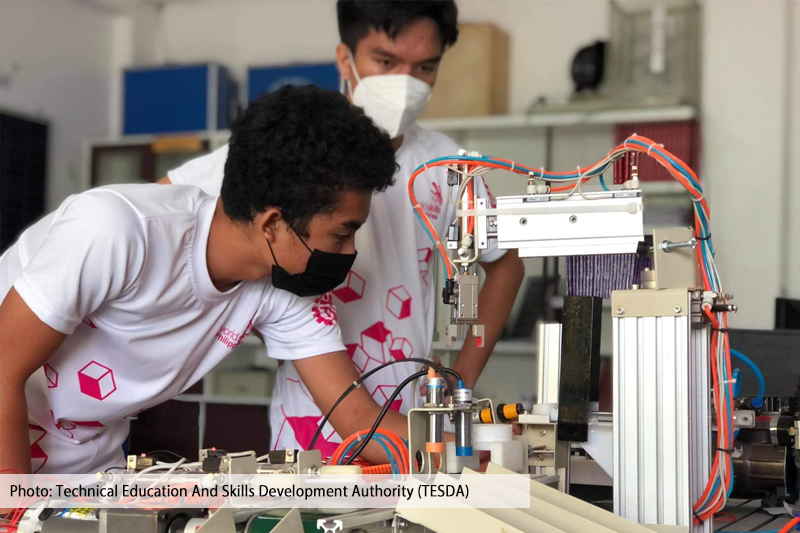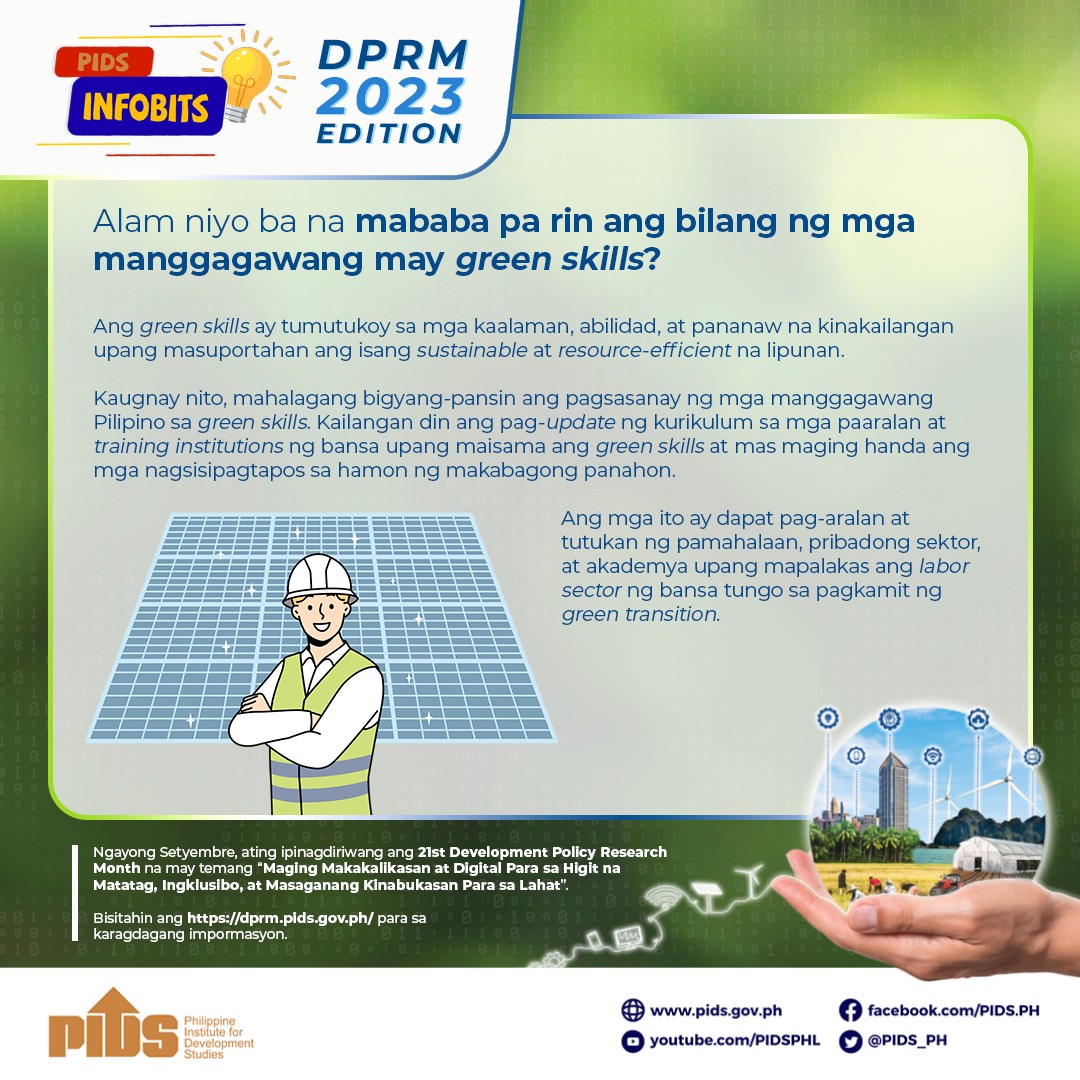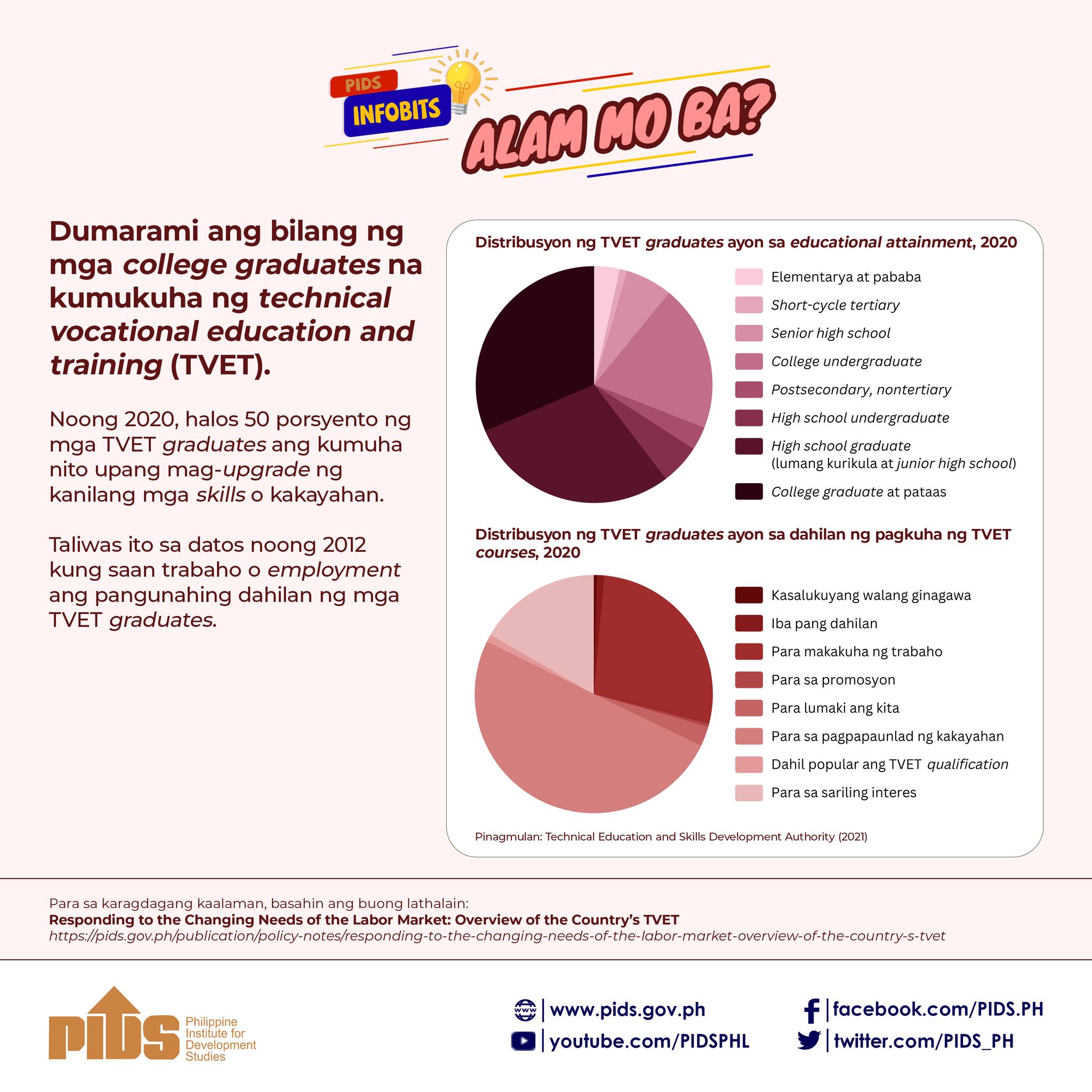This study examines how the Technical Education and Skills Development Authority (TESDA) scholarships effectively target the poor while achieving internal and external efficiency outcomes. It defines “poor” in two ways: (1) individuals with an income below USD 3 per day, based on the World Bank threshold; and (2) those with disadvantaged status according to TESDA’s client classification, which includes 4Ps beneficiaries, rebel returnees, displaced persons, and other vulnerable groups. Two datasets were used for the analysis: the 2018–2022 Study on the Employment of Technical and Vocational Education and Training Graduates from TESDA and the TESDA Training Management Information System (T2MIS) data covering all TESDA scholars. The SETG dataset contains information on scholars versus non-scholars and includes income data for poor scholars, while the T2MIS dataset classifies scholars according to disadvantaged status. In addition, focus group discussions and interviews were conducted to enrich the analysis. One of the key findings highlights the decline in the targeting of disadvantaged scholars from 2018 to 2022 and how scholar motivation and the presence of TESDA regulations in training institutions impact outcomes for poor or disadvantaged scholars. Qualitative focus group discussions and interviews reveal the need for a more reliable method to accurately filter genuine poor scholars who will be committed to performing. The study provides insights for TESDA's allocation of scholarship budgets regarding whether regional needs and provincial poverty incidences are taken into account. Policy recommendations include requiring Technical Vocational Institutions to use national databases, such as the national ID system and other relevant data sources, to more effectively identify disadvantaged scholars. Additionally, the study recommends assessing scholar motivation during the selection process, as our results indicate that motivation significantly influences scholar performance.
Comments to this paper are welcome within 60 days from the date of posting. Email publications@mail.pids.gov.ph

